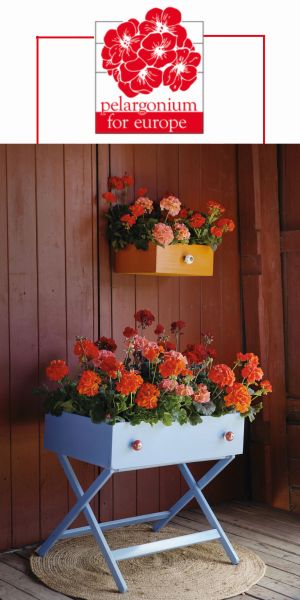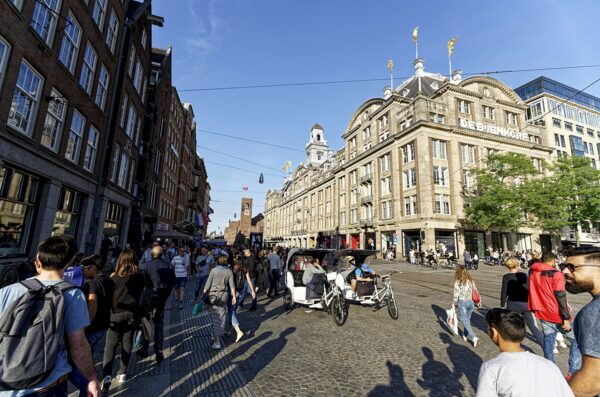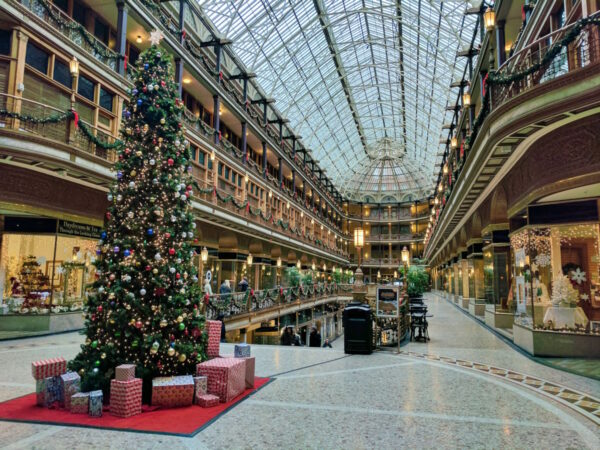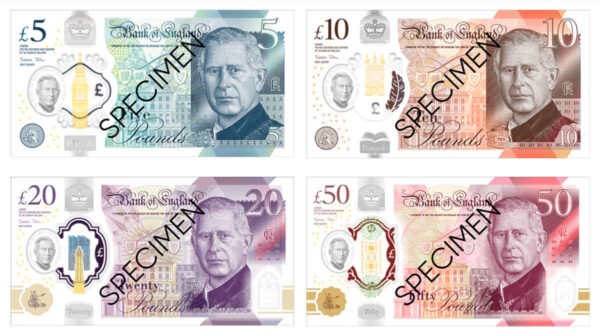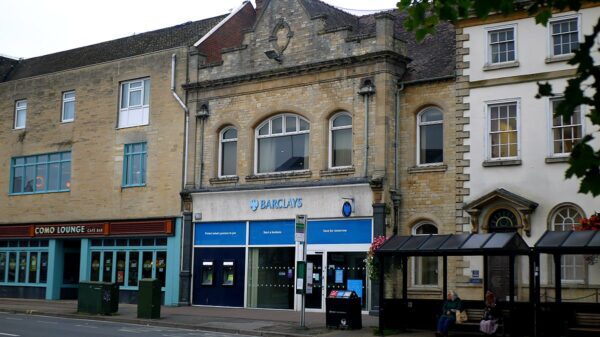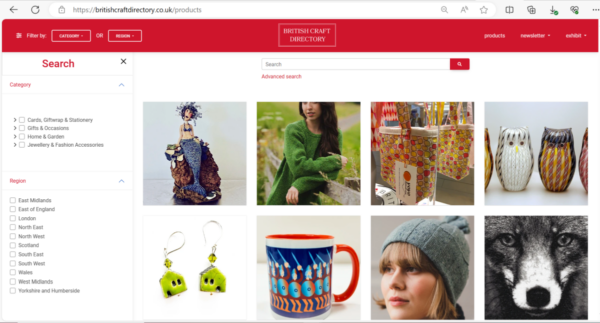 As an incentive for people to shop in person and for online retailers to lease physical stores, international property firm Colliers International suggests that the government should create a two-tiered VAT system where shoppers would be charged 15% for purchases in stores and 22.5% for online transactions. Meanwhie, Tesco chief executive David Lewis has again called for reform of the business rates system, saying that the government will have deliberately contributed to the decline of numerous UK high streets if this didn’t happen soon.
As an incentive for people to shop in person and for online retailers to lease physical stores, international property firm Colliers International suggests that the government should create a two-tiered VAT system where shoppers would be charged 15% for purchases in stores and 22.5% for online transactions. Meanwhie, Tesco chief executive David Lewis has again called for reform of the business rates system, saying that the government will have deliberately contributed to the decline of numerous UK high streets if this didn’t happen soon.
UK online shoppers make 87% of their non-grocery retail purchases online, up from 80% in 2017, according to Royal Mail’s Delivery Matters report, which says that the increase is driven by the pursuit of value for money. On average, UK online shoppers spend £34 on each online transaction – similar to 2017 figures (£38). Men typically spend more online than women and younger shoppers buy online more frequently than shoppers who are older. One in five has purchased an item after seeing something on social media, with younger online shoppers (18-24 year olds) driving this trend.
Springboard reported that footfall in August fell by 1.6% on the previous year, a sharper decline than seen in July, when a decline of 0.8% was recorded. It said that with food inflation rising again, ‘shoppers are seeing the amount left over for non-essential purchases being squeezed’.
 A freedom of information request by ratings adviser Altus Group has revealed that bailiffs were sent into the premises of 81,317 companies which struggled to pay their rates in the first year since the system was overhauled.
A freedom of information request by ratings adviser Altus Group has revealed that bailiffs were sent into the premises of 81,317 companies which struggled to pay their rates in the first year since the system was overhauled.
According to a survey of more than 8,000 consumers by the Reputation Institute, online retailer Amazon is the UK’s most reputable retailer, with Sports Direct ranked as the least reputable.
For the first time in more than five years, shop prices entered inflationary territory in August, rising by 0.1% from the July decrease of 0.3% and breaking a deflation cycle of 63 months. Non-food deflation continued to ease last month to 1% from 1.4% in July – the lowest rate of deflation since April 2013.
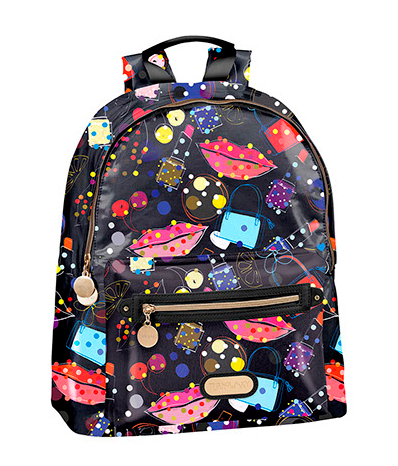 Overall retail spending held up in August, but only just, according to BRC-KPMG data which showed that sales rose by 0.2% on a like-for-like basis compared to the same month last year.
Overall retail spending held up in August, but only just, according to BRC-KPMG data which showed that sales rose by 0.2% on a like-for-like basis compared to the same month last year.
Market research by Mintel suggests that back-to-school purchases totalled nearly £1bn last year, making it the UK’s third biggest seasonal shopping event after Black Friday and Christmas. The average parent spent £273 on uniform, shoes, sportswear, bags and stationery in 2017, compared to £218 in the previous year, an increase of 25% in just one year.
Chana Baram, Research Analyst at Mintel, said: “There has been a trend among school students to want more ‘fashionable’ stationery and school accessories, which adds to costs. And parents are willingly buying more branded school items, including bags and coats, perhaps influenced by the various back-to-school advertising campaigns focused on branded goods”.
(School backpack featured is from Franco Cosimo Panini’s Turnowsky-licensed range)

GfK’s consumer confidence Index increased by three points in August, prompting Joe Staton, its client strategy director, to comment: ‘We are just months away from the Brexit crunch but there is no sign (yet) of any crash in consumer confidence. Yes, the core index continues to muddle along in negative territory, but Armageddon seems a distant prospect … Are consumers being more sensible than the pundits? Have they developed immunity to the Brexit babble? Meanwhile, IHS Markit said that its household finance index had risen to the second highest level since it was launched in 2009 as Britons felt bullish about their finances thanks to record levels of unemployment and rising wages.
The British Independent Retailers Association (bira) has appointed Andrew Goodacre as its new CEO. He will replace Alan Hawkins, who retires after 33 years with bira.
Small retailers are facing a perfect storm of business rates and ever-increasing rents, while high parking charges, poor infrastructure and the loss of vital banking services have added to their woes, says the Federation of Small Businesses, which has set out in its High Streets Hub how central and local government in England can help high streets to flourish. To find out more go to https://www.fsb.org.uk
Alan Monahan




